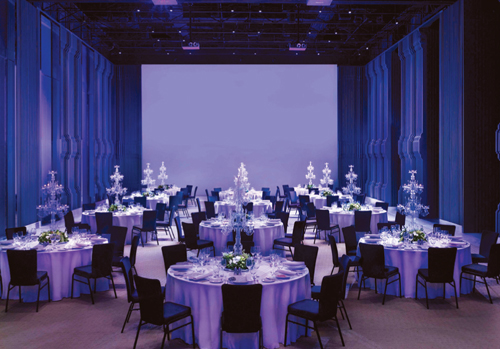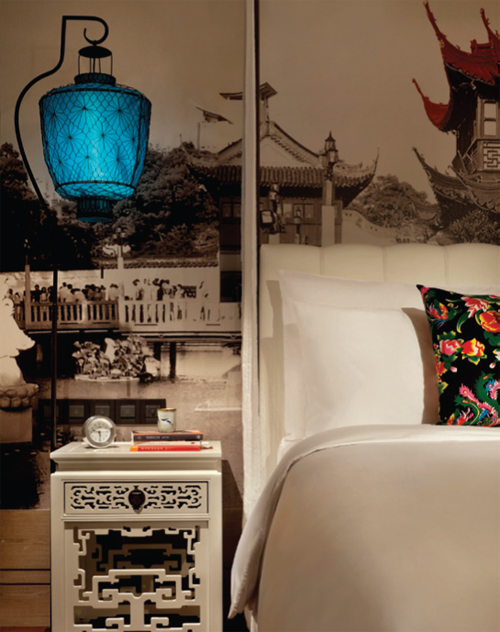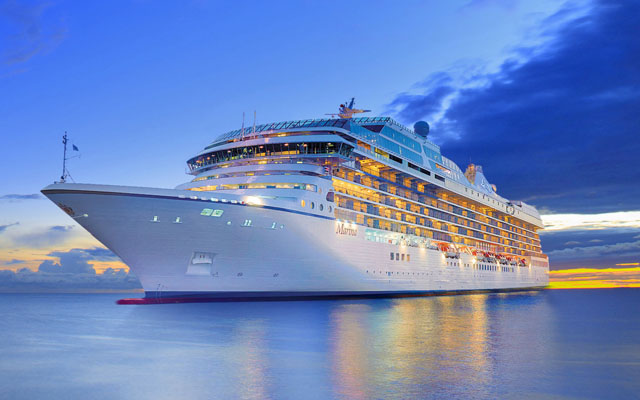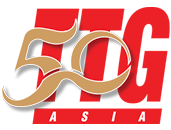Corporate travellers are craving for finer experiences, and the proliferation of design and boutique properties with character is a reflection of the new demand

Sofitel So Bangkok
There was a time when luxurious boutique hotels – usually with a small room inventory and full of character – and design hotels were choice accommodation for leisure travellers who thirst for unique experiences.
But the guest profile at boutique and design hotels is fast changing. Corporate clients are increasingly choosing such properties for stays or for hosting exclusive events and incentive programmes, noted Asian event planners.
Business travellers and clients who favour unique hotels may span all ages, but they share some similar traits: they are all well-travelled and desire a distinctive travel experience.
Faye Handley, director of Red Events Singapore, who had used luxury boutique hotels such as Naumi Hotel, Klapsons the Boutique Hotel and Hotel Fort Canning for small- to medium-sized events, said these clients were usually aged 35 years and under, and were “forward-thinking”.
“The younger generation is well-travelled. They…wish to stay at hotels that offer a different experience, so they can combine work with pleasure,” said Seema Ahmed, general manager, Gainwell Travel & Leisure India.
For Robert Lim, senior vice president of Holiday Tours & Travel Malaysia, corporate clients who gravitated towards small, unique hotels were “top achievers who demand lifestyle experiences”.
Unique properties are expected to gain a stronger corporate following as clients mature in their buying behaviour and recognise the need to keep event experiences fresh for participants.
The rapid adoption of these unique hotels by corporate clients has been made possible by hotels chains that have come up with their own boutique and design-led product range. Starwood Hotels and Resorts Worldwide has the fashionable W Hotels and the more affordable spin-off, Aloft. Accor Hotels has the MGallery Collection, which comprises boutique properties with its own individuality, and designer Pullman, which has a larger room inventory. InterContinental Hotels Group has the Hotel Indigo range of stylish boutique properties that reflect the local neighbourhood and culture. These properties boast stylish function venues fitted out with quality audiovisual equipment.
Aonia Singapore MICE director, Darryl Rodrigues, said corporate clients were more inclined to pick design hotels that belong to an established chain when organising events abroad, as those “provide some novelty, without compromising on the quality of service clients have come to expect from upscale and luxury properties”.
But just as much attention is also being paid to independent boutique and design-driven properties.
“It is the recognition that the accommodation experience is as important as the itinerary of the event,” said Rajani Nair Deb, chief marketing officer, KW Conferences India, explaining the growing corporate gravitation towards boutique and design hotels.
“The objective of the meeting is the driver in most cases. It may be a celebration of a milestone or a leadership meeting that prompts the decision to hold the meeting in a design hotel. Brand alignment is also instrumental in clients choosing to hold business meetings in these niche hotels. Clients have briefed us that they (represent) a high-end (brand) and hence the setting for the meeting has to be exclusive,” said Rajani.
Pacific World Hong Kong MICE account director, Ivy Sung, said a client had once requested for the whole boutique hotel to be booked for a product launch.
Violet Wang, senior account manager of Pacific World Shanghai, which uses boutique hotels extensively in the Chinese city, found that small-sized incentives were bigger supporters of boutique and design hotels.
Wang said: “Our clients have always said that they don’t want big hotels that overwhelm their guests, especially for incentive programmes. They prefer to stay in a smaller hotel, which ensures good service, style and location.
“The bigger the hotel, the less attention each guest will receive – this is a common client prejudice. Design is also a big factor. More corporate clients are looking for low profile luxury, where the hotel’s environment is more subtle and tranquil, instead of one with extravagant trappings and a large inventory.”
Wang noted that her clients’ incentive events require more boutique-style elements and occupy fewer than 100 rooms. Most of the time, such events were not pure incentives, and would be a client appreciation event or corporate sales kick-off meeting, she said.
An increasing demand was coming from the luxury fashion industry, automotive and finance industry, she noted, adding that incentive programmes are now mostly for under 100 pax, which fit the boutique model well.
Shanghai CTS MICE Centre general manager, Tom Liu, said corporate clients tended to choose boutique and design hotels to avoid large crowds at five-star conference hotels.
Sushil Wadhwa, chairman and managing director of Platinum World Group India, said the ability to offer novel experiences in a good location was the “trump card” of boutique and design hotels, which cannot compete with dedicated MICE hotels on meeting facilities.
“Many times the historical significance of the property becomes a factor in making a decision,” Sushil said, adding that these out-of-the-ordinary hotels are sometimes used when delegates have had their last event at a large chain hotel.
He said: “We did a meeting in Rome in early February for about 40 people, and instead of using a MICE hotel, we chose Grand Hotel Via Veneto (a boutique hotel that occupies 19th century buildings) in the heart of the city. The client was delighted with the hotel’s central location, large guestrooms and personalised service.”
In Shanghai and Singapore, where there is zealous competition among hotels, event planners said boutique and design hotels were attractive because they were priced more competitively than their five-star branded conterparts.
“As hotel rates for larger or chain hotels in Singapore continue to rocket skywards, some clients, including MNCs, have, upon our recommendation, opted for smaller, boutique properties such as New Majestic Hotel and Naumi Hotel,” said Andy Michaels Lim, general manager of Singapore-headquartered Bonvo Travels.
Lim noted that the number of corporate clients choosing to stay in such hotels rose from 100 to 300 between 2010 and 2011.

Hotel Indigo Shanghai on the Bund
Unique hotels make their way into vendor lists
Travel buyers are taking notice of unique hotels offered by major hotel chains and some are slowly gaining acceptance as company preferred vendors.
Shauna Whitehead, project manager, CWT Meetings & Events Asia Pacific, said: “Not many sole properties are included in preferred vendor lists. However, with Andaz Shanghai being part of Hyatt Hotels, and Indigo Hotel Shanghai on the Bund being part of InterContinental Hotels Group, both are a definite consideration for companies’ preferred vendor lists.”
Whitehead believes that there is now a trend for high-end, boutique-inspired properties, merged with local influence and all the essentials that frequent business travellers would expect. Demand for such properties will increase as meetings and events customers expect high-end servicing and amenities, while also appreciating the local influences that hotels such as these have integrated into their design and hospitality.
American Express Business Travel director of advisory services-Japan, Asia-Pacific, Australia, Carl Jones, believes companies generally avoid luxury brands in the current economic environment, and “more locations and awareness of these boutique global chain properties” will allow travellers the chance “to stretch their travel budget from a moderate tier property to upscale”.
“(But) I don’t see travellers downgrading from a full luxury brand to an upscale boutique unless mandated or forced,” he said.
HRG China general manager, Harald Weber-Liel, said: “We have noted a growing number of enquiries from our clients in China about hosting special events in boutique hotels. These enquiries range from business luncheons with clients and incentive meetings for staff.
“We could eventually see a rising popularity among clients from certain industries for hosting events in boutique hotels and resorts. However, demand for corporate stay in boutique hotels in China will probably not change too much (soon) as the economic downturn has seen many companies sticking tightly to their corporate travel budgets.”
While boutique hotels connote a sense of exclusivity for corporate events, and would be a major differentiating factor for clients wishing to deviate from the norm of hosting events in luxury hotels, Weber-Liel said that his company always considers the objective and size of the event because these hotels are generally smaller.
Weber-Liel foresees a significant number of design-driven hotels emerging in China due to the growing number of high-end consumers. These developments would benefit China’s MICE industry as it would grant corporations a larger variety of venues to choose from. – Patricia Wee
Additional reporting from Linda Haden, Patricia Wee, Shekhar Niyogi, Prudence Lui and N. Nithiyananthan




















